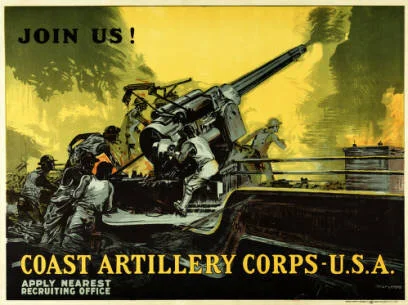Distant Wars
Nineteenth century wars involving the United States—including the so-called “Indians Wars,” the Spanish-American War, and the Philippine-American War—grew out of a common goal: establishing an American empire in the U.S. West and overseas. The ideology of manifest destiny, a belief that the United States was destined to expand across the entire continent, governed much of nineteenth century U.S. policy toward indigenous peoples. Euro-Americans moved westward, displacing, dispossessing, and depopulating Native American peoples through disease and starvation, warfare, abrogation of treaty rights, and other extra-legal means. Western Native American tribes actively resisted U.S. Army efforts to remove them from their lands onto reservations and to enforce assimilation to “American” ways. But the toll on indigenous communities proved devastating.
Near the turn of the twentieth century, as the United States looked to continue to extend its power and markets south and west (including the Caribbean, Latin America, and Asia), violence and bloodshed continued. While Spain’s colonies in Asia and the Caribbean fought for freedom from Spanish colonial rule, some U.S. officials found this an opportune situation for the United States to step in. In 1898 the United States emerged from the Spanish-American War victorious, and gained the Philippines as a U.S. territory. Many Filipinos did not wish to see one colonial power replaced by another, however, and thus a Philippine insurrection began. Thousands of U.S. soldiers were shipped to the Philippines to fight, and many lost their lives. Hundreds of thousands of Filipinos were killed and many more wounded. Although U.S. officials claimed an end to the insurrection in 1902, guerrilla fighting continued until the Philippines gained its independence in 1946.
U.S. soldiers that fought in these brutal wars were thus part of a series of colonial conflicts that defined the 19th and early 20th centuries. Many American soldiers believed wholeheartedly in the ideologies of manifest destiny and the racist agendas that informed its implementation; others, particularly in the Philippine-American War, questioned their role in fighting a long, bloody war, without a well-defined purpose, overseas. Although these wars happened in the distant past, it is important to understand and remember how and why they happened, and to reflect upon the ways in which American foreign policy impacted the peoples involved, both at home and abroad.








